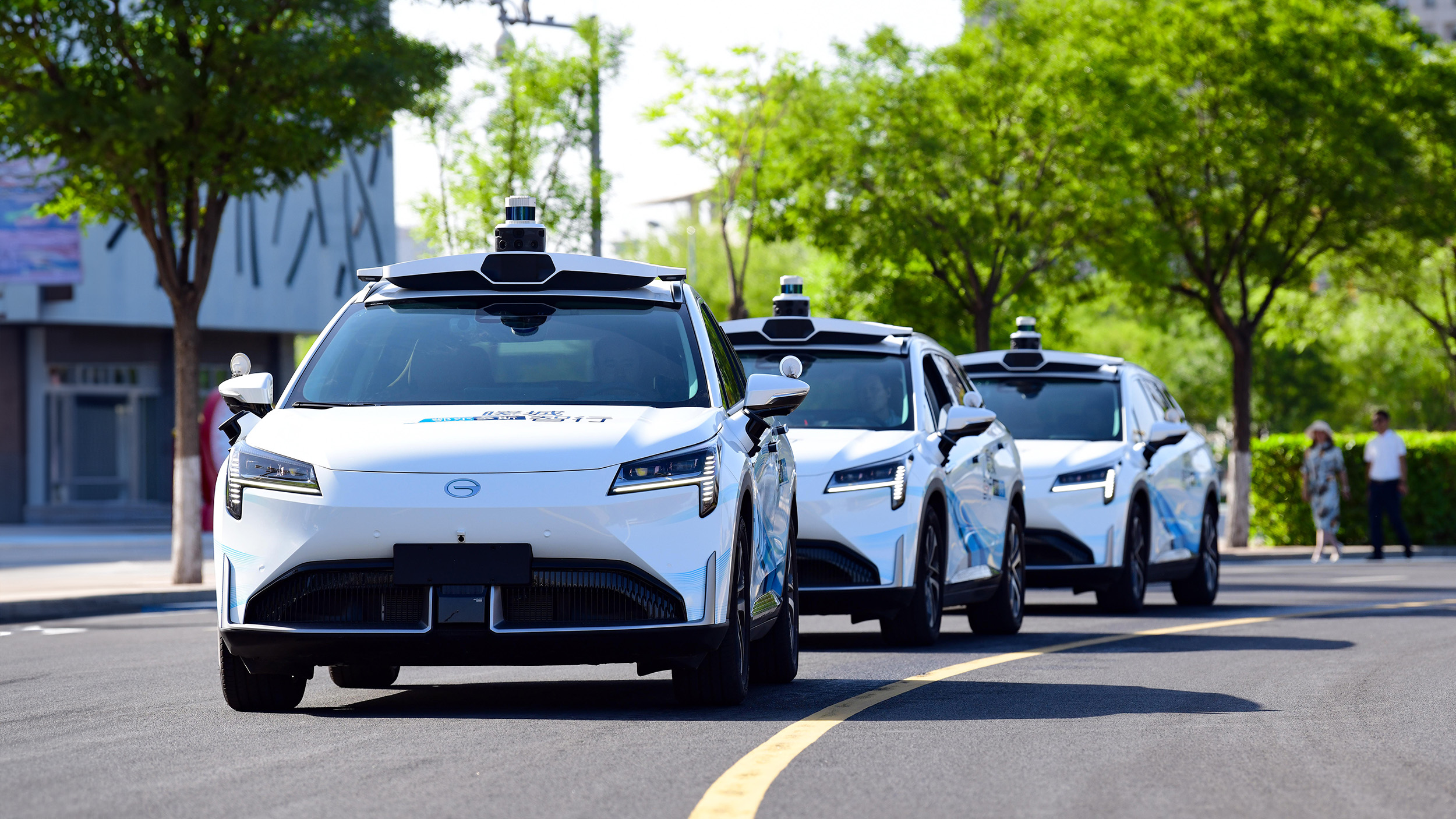The Next Disruptive Idea: Automation

When eBay revolutionized the way that buyers and sellers interact in the virtual marketplace through automated bidding auctions, it forever changed the way business was conducted online.
During the Industrial Revolution, manufacturing automation took hold and paved the way for innovation beyond Henry Ford’s wildest dreams. Today, this same pivotal shift is occurring in the advertising industry as companies begin to rely on automation to streamline the buying and placement of ads online. I gravitate towards companies during this high-growth stage, because that is when innovation has the potential to disrupt established industry in a significant way. My first experience with this was back in 1997, when I served as Senior Vice President of eBay, a little-known company at the time that eventually grew to disrupt the entire retail sector. We knew we had a big idea and developed a strategy to launch our online auction site that redefined commerce and created a completely new category known as ecommerce.
A decade later I joined the board of directors at Tesla Motors, and had the opportunity to witness innovation up close as the Tesla Roadster became the first highway-capable all-electric vehicle in serial production for sale in the United States. Our leap of faith was a precursor to the emergence of the green-vehicle revolution we are experiencing today. Tesla stood out because they created a way to apply the latest technologies coming out of Silicon Valley to the automotive industry. The result was an energy-efficient model that would forever shape how we look at consumer vehicles.
Fast forward to today, where I serve on the board of an advertising technology company, Radium One, which helps bring automation to the masses through a focus on advertising. The software Radium One developed gives brands like Best Buy, AT&T, American Express, and MGMResorts the insight to identify their future customers by mapping consumer online engagement and delivering ads when it’s most convenient and relevant for them. While the industries are different, the premise is the same – it’s just another example of how automation greatly improves business efficiency and performance, and allows companies to truly innovate by focusing more on strategy rather than tactical execution.
Who would’ve thought an online flea market would be worth $70 billion today? And, who would’ve thought an electric car could become mainstream, creating $20 billion in value in the process. Without automation, these great ideas would have been left at just that -unfulfilled dreams.
The combination of a great idea coupled with technology keeps innovation alive. It also takes dedication, hard work, and the ability to recognize macro-level business patterns and apply them across industries.
Here’s to coming up with the next big disruptive idea.
Steve Westly is the Founder and a Managing Partner of the The Westly Group. He is a former California State Controller. Steve holds a bachelor’s degree from Stanford University and an MBA from Stanford’s Graduate School of Business, where he served on the faculty for five years. Steve and his wife, Anita, run the Westly Foundation, which provides education and health care services for children and underserved communities throughout California.





